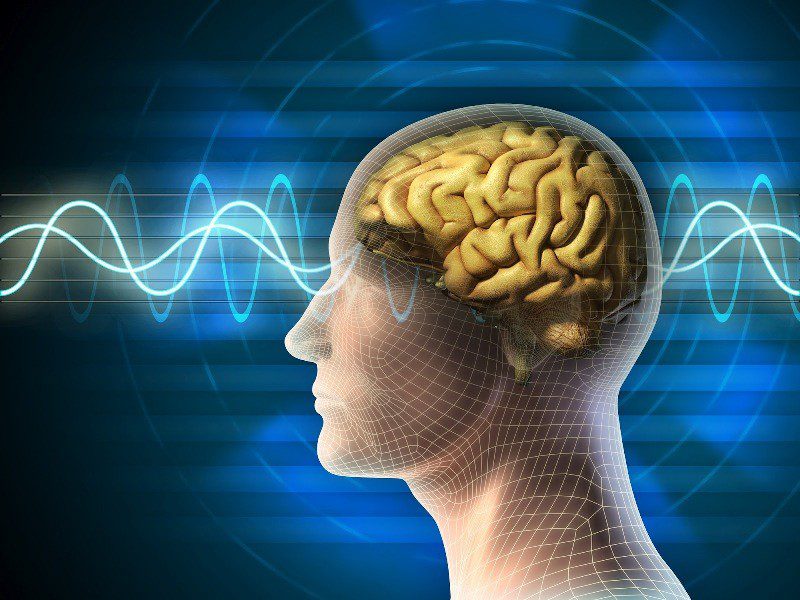Practicing sentient meditation for just 27 minutes a day for only eight weeks or two months makes measurable changes in functioning of various parts of the brain.
These changes increase one’s capacity to tolerate stress. They also bring acute increase in his capabilities of comprehending, thinking and taking decisions.
Besides these changes also keep brain active for up to eight hours without feeling exhausted. Researchers from the Massachusetts General Hospital (MGH) claim that the gray matter of brain undergoes change if one practices meditation over a period of time.
According to the research paper of senior fellow Sara Lazar which was published in ‘Neuroimaging’, the research journal of MGH, though the meditation is practiced for peace of mind and relaxation, it also changes neural mechanism.
The sample of the study consisted of a total of sixteen people who had participated in an eight week long stress relief camp. The camp was organised by the Centre for Mindfullness of the University of Massachusetts. MRP images of these participants of the camp were captured two weeks before the camp commenced and after the camp concluded. At the same time, MRI images of a group of people who did not meditate were also obtained.
Comparative study of the MRI images revealed that the level of stress suffered by the people who attended the camp was much less. The reductions in stress also were correlated with decreased gray-matter density in the amygdala, which is known to play an important role in anxiety and stress.
In today’s hectic and stressful life, the meditation also increases body resistance to infections and illnesses. This was confirmed during a study carried out in China. The study was aimed at finding out the effects of meditation on the physical and mental health of junior college students.
Sten Chapman from the Emory Healthcare, Atlanta describes his tour of India in 2005. Citing his experiments and experiences, Chapman said sitting on hams and meditating results in biological reaction of relaxation. Considering this, new students learning to meditate are practicing to sit on hams though they face difficulty in bending legs in knees.
A group of such students were trained in traditional ways of meditation. Bodies and brains of the students who were part of the group showed increase in resistance to illnesses while the physical and mental capacities of other students showed decrease.
The way of meditation practices during the sessions is called Anapanasati in the Buddhist culture of China. Anapanasati is a Pali word. In this type of meditation, one focuses on breathing.
Dr. Kund Shi, the organiser and convenor of the Anapana meditation says practicing this type of meditation for just five minutes is enough to get its benefits. The longer duration one practices it, more are the benefits. Anyway, the duration of meditation should be increased after a month.
This helps one deal with the stress. Total time of about 40 minutes is adequate to practice the entire meditation exercise. Practice of this type of meditation is based on traditional Chinese wisdom which promotes use of meditation for maintaining good health. To reap these benefits, one needs to practice meditation for long durations. In the present experiment, meditation was practices for average duration of 27 minutes per day.
No complex and complicated exercises of meditation were practiced in this experiment. The participants were only asked to concentrate on inhaling and exhaling of breath while taking adequate precautions and some mental exercises were done. Notably, the participants had never meditated prior to the experiment.
The major benefits of sitting on hams and meditating
Many people in India are used to sitting on hams but not many people are used to sitting on hams outside India.
According to the experts, sitting on hams and meditating provides relief from chronic problems such as anxiety and stress.
Herbert Benson, an expert in medical science specialised in heart ailments has been doing research on effect of meditation on the health.
According to Benson, who is in-charge of a project on meditation at Harvard Medical School’s Mind Body Institute, meditation provides relaxation to body which helps digestion process, reduces blood pressure, normalises heartbeats and respiration and improves brain waves. Experiments and their results reveal how meditation works. MRI scans done while one is meditating shows increase in activity in parts of brain which control digestive process and heartbeats.
This experiment also revealed that meditation done while sitting on hams proves to be more beneficial compared to the meditation done while sitting on a chair or meditation done while standing.
Thus meditation results in up to 70 per cent increase in concentration and development of capacities of brain.
Follow us on Facebook, Twitter, LinkedIn and Instagram, YouTube to get more updates related to Sachi Shiksha – The Famous Spiritual Magazine in India.












































